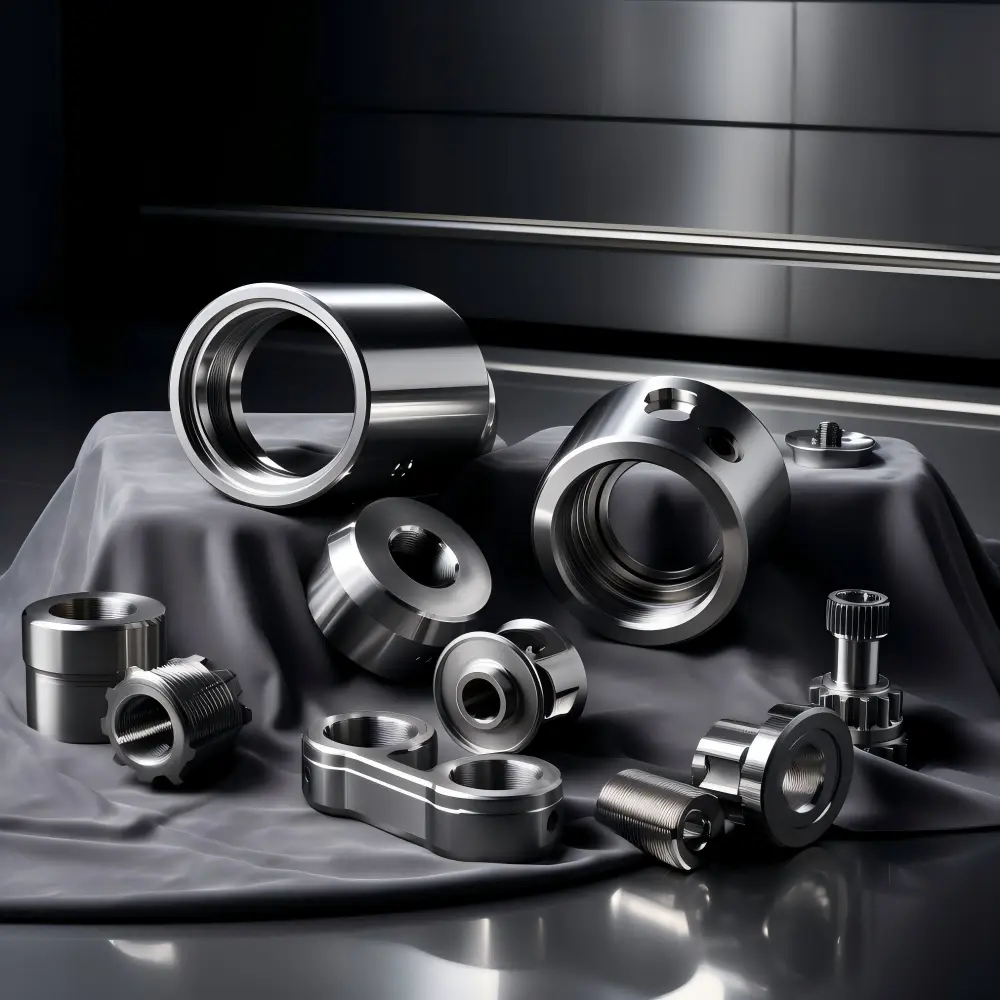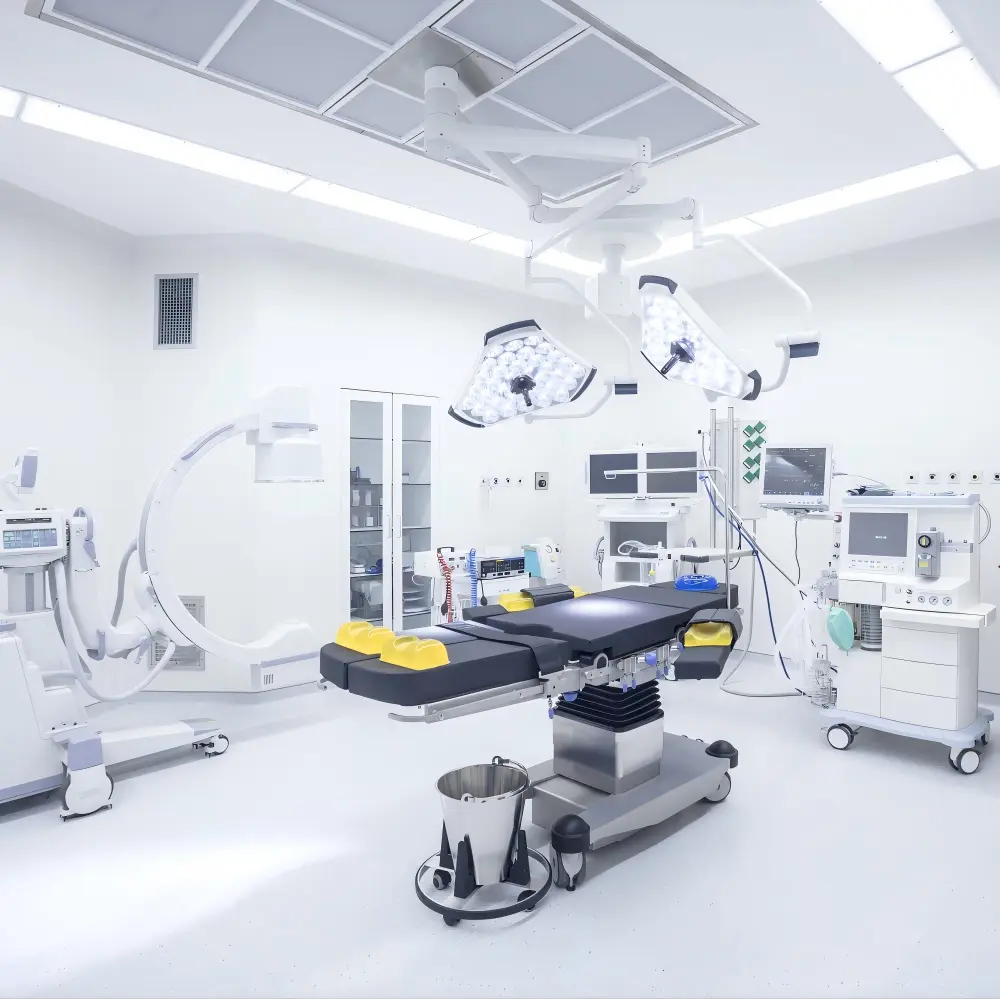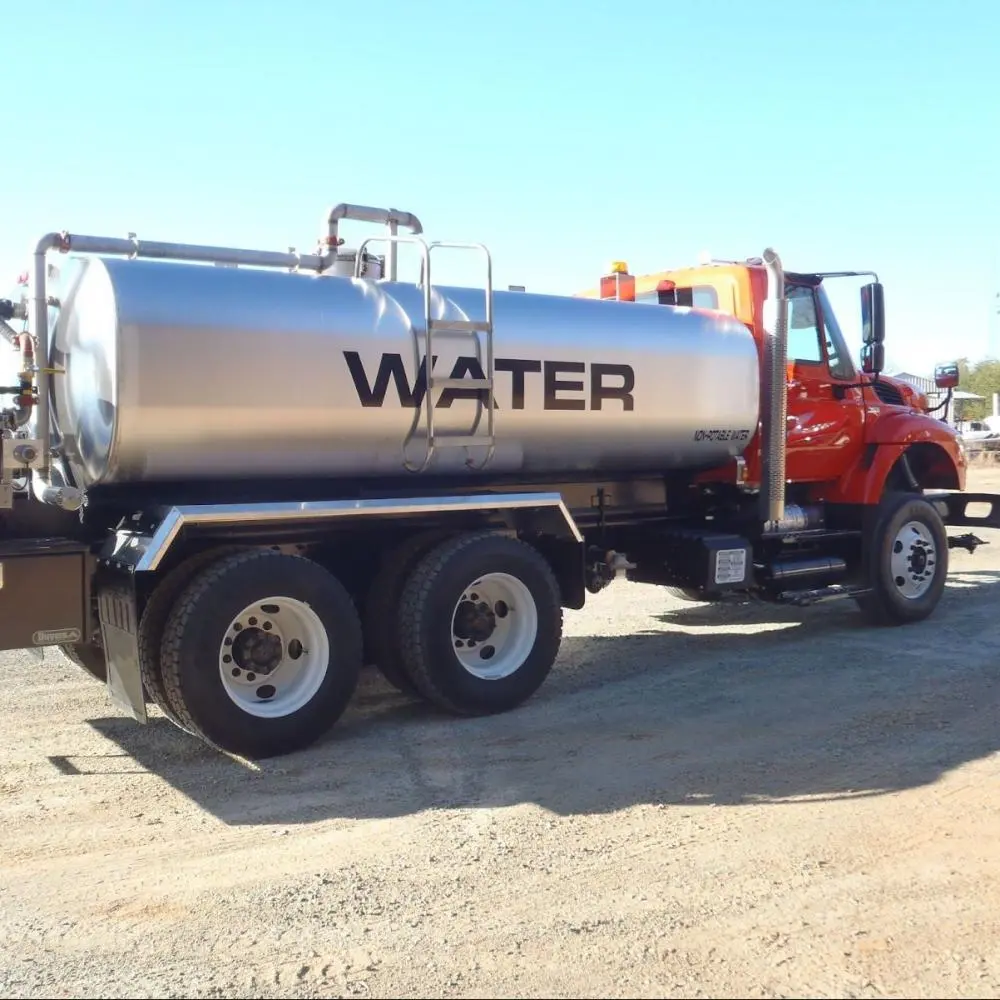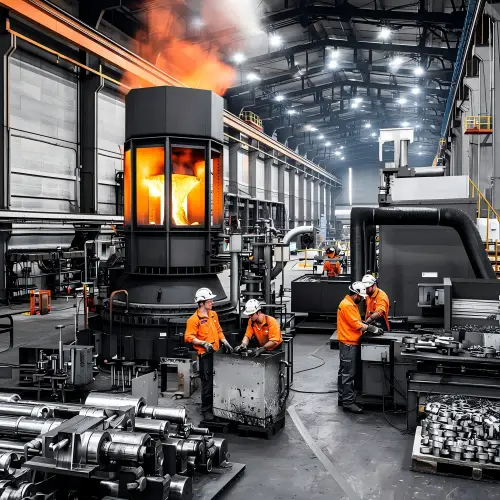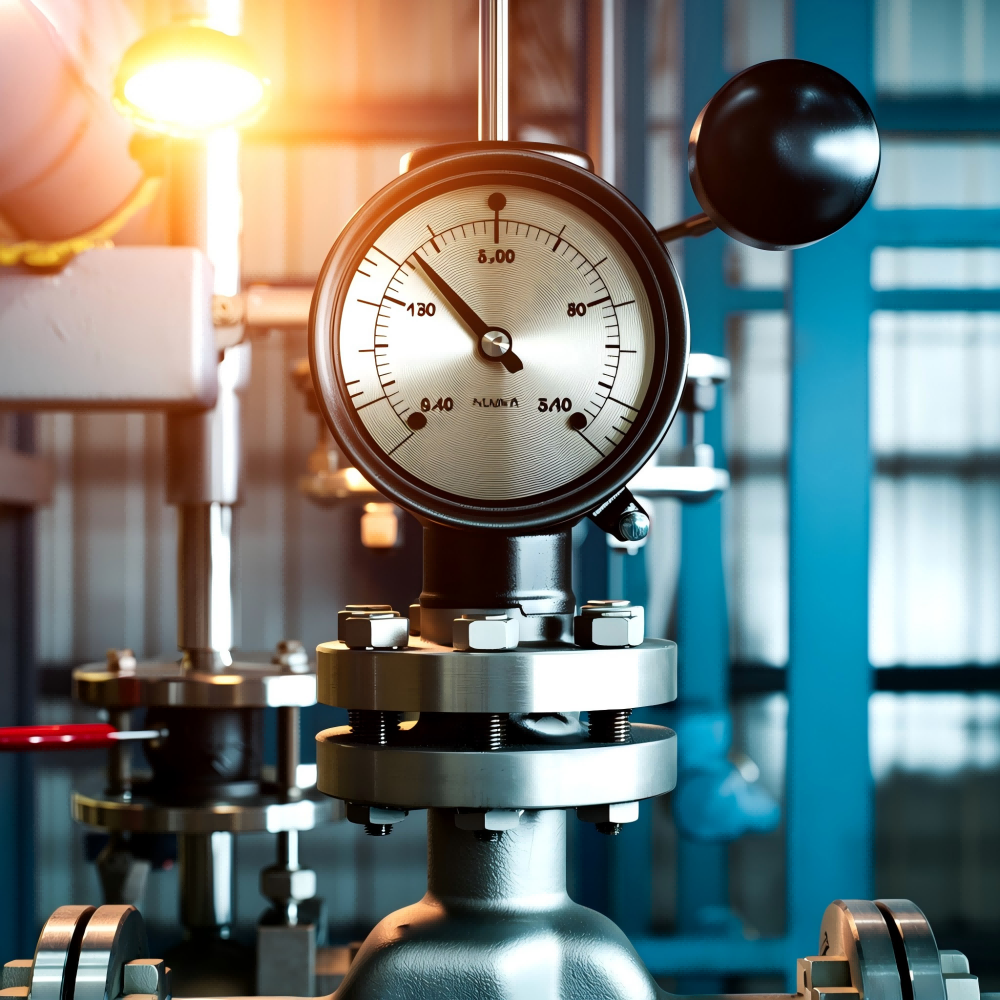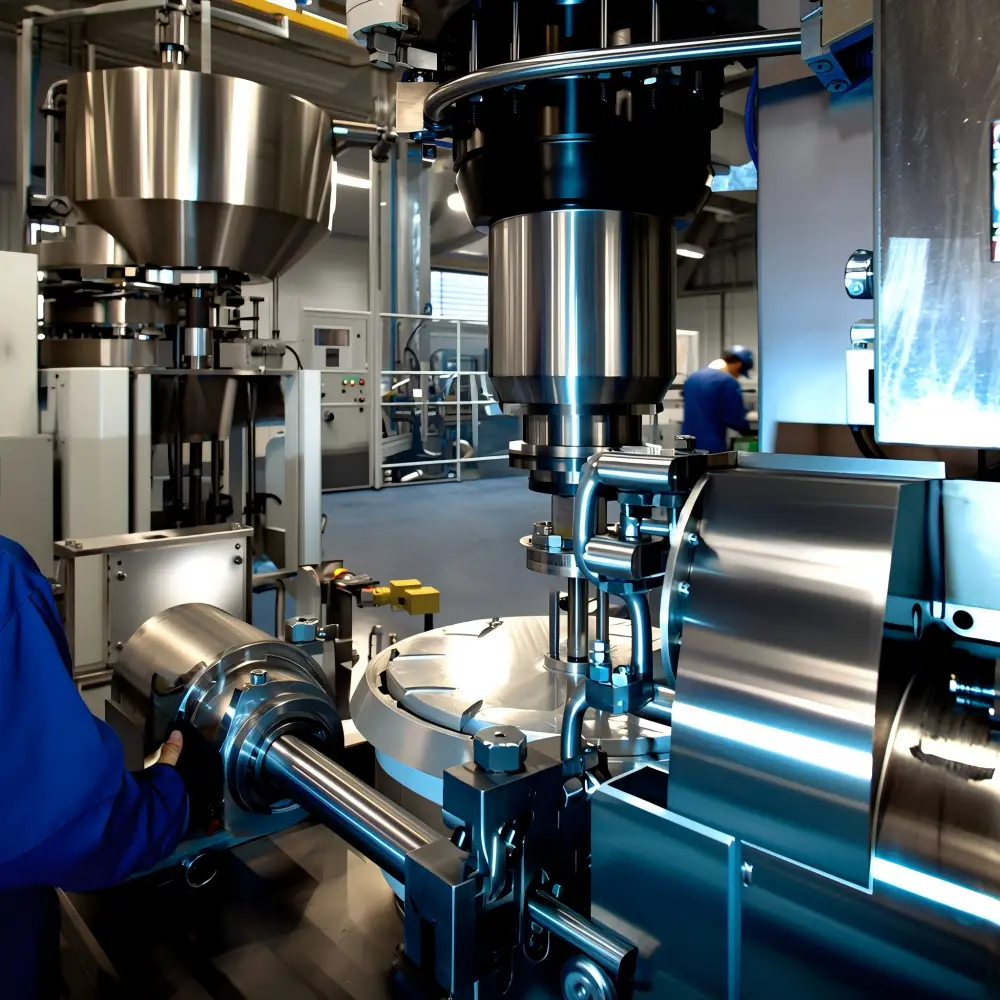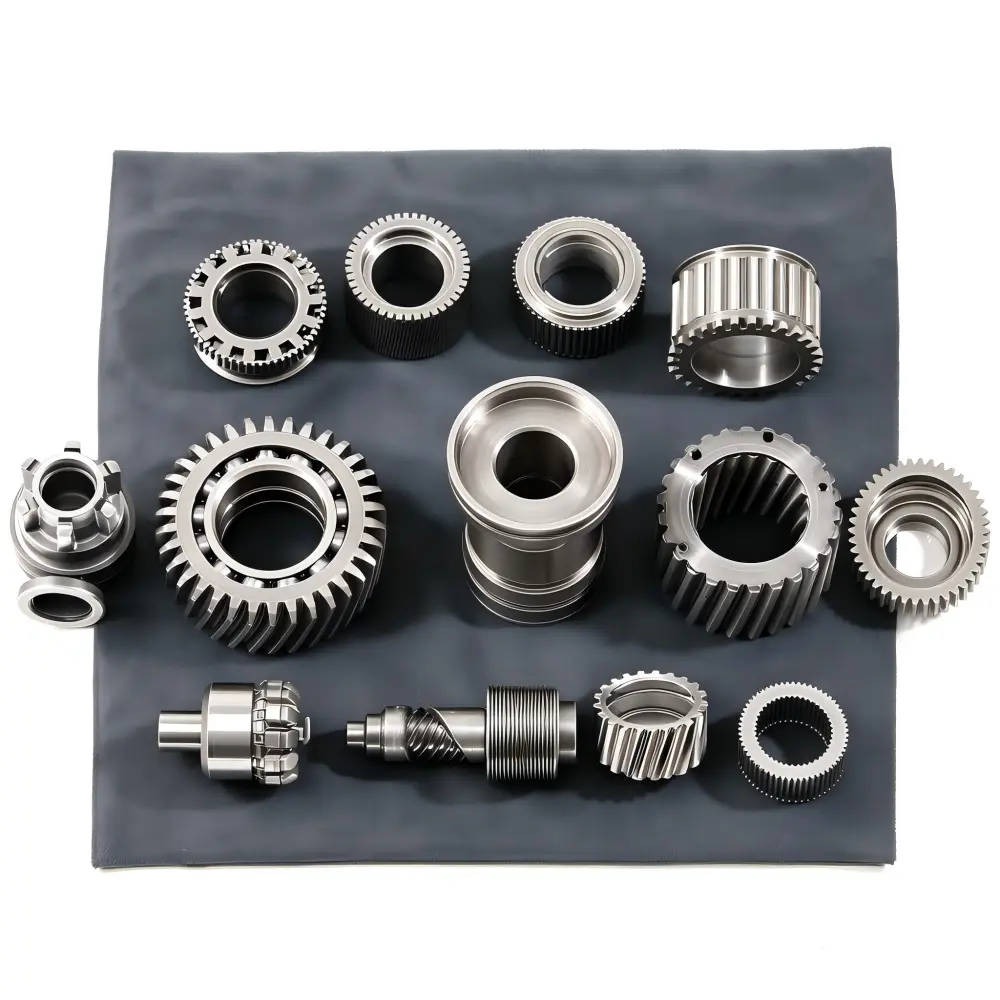How to Choose the Best Bronze Precision Foundry in 2025
Selecting a bronze precision foundry demands careful evaluation of expertise, technology, and customer support. Industries often face challenges like thermal expansion or work hardening during precision casting. Businesses should assess production capabilities, certifications, and communication to ensure alignment with project needs. Effective collaboration minimizes risks and ensures successful bronze precision casting outcomes.
Understanding Your Project Needs
Material Requirements and Alloy Selection
Selecting the appropriate material and alloyis critical for achieving optimal performance in Bronze Casting projects. Each alloy offers unique properties suited to specific applications. For example, tin bronze provides excellent corrosion resistance, making it ideal for marine environments, while leaded bronze is preferred for components requiring low friction and high durability, such as bearings and bushings. The table below highlights common bronze alloys and their applications:
| Bronze Alloy | Applications |
|---|---|
| Nickel Aluminum Bronze | Marine applications, aerospace, oil extraction, high-load bearing components. |
| Leaded Bronze | Bearings, bushings, heavy machinery, and automotive components. |
| Tin Bronze | Gears, bearings, statues, musical instruments, marine environments. |
| Bismuth Bronze | Art, jewelry, precision instruments requiring detailed castings. |
| Copper-Nickel Bronze | Shipbuilding components, seawater piping systems, offshore oil and gas platforms. |
When determining material requirements, factors such as strength, corrosion resistance, and cost-effectiveness must be considered. Dimensional allowances and tolerances should also be established to ensure the final product meets specifications.
Production Scale and Timeline
The production scale and timeline significantly influence the choice of a bronze Precision Foundry. A foundry's ability to handle large-scale or intricate orders ensures project demands are met efficiently. Understanding lead times is equally important for maintaining schedules. For instance,initial first-run orders typically require 3 to 9 weeks, while production run items may take 1 to 6 weeks. Businesses should evaluate whether the foundry can accommodate their required scale and adhere to deadlines without compromising quality.
Design Complexity and Customization
Complex designs and customization demand advanced casting techniques and precise execution. Projects with intricate geometries or multiple components require careful planning to allocate resources effectively. Establishing clear quality requirements early in the process ensures the final product aligns with expectations. Foundries specializing in complex designs often employ cutting-edge technology to achieve high precision, making them ideal partners for challenging projects.
Evaluating Expertise and Capabilities
Foundry Experience and Specializations
A bronze precision foundry with extensive experience often delivers superior results. Years of operation and specialization in specific industries, such as aerospace, marine, or heavy machinery, indicate a foundry's ability to meet diverse project demands. Specializations provide key advantages, including enhanced performance, design flexibility, and cost efficiency. The table below highlights these benefits:
| Key Advantages | Description |
|---|---|
| Enhanced Performance | Precisely crafted components function more efficiently, reducing wear. |
| Design Flexibility | Customization allows unique shapes and configurations for various needs. |
| Improved Compatibility | Tailored components integrate seamlessly with existing systems. |
| Cost Efficiency | Accurate designs reduce material waste and production errors. |
Selecting a foundry with relevant expertise ensures compatibility with project requirements and minimizes risks.
Case Studies and Client Testimonials
Case studies and client testimonials provide valuable insights into a foundry's capabilities. Successful projects demonstrate the foundry's ability to handle complex designs, meet deadlines, and maintain quality standards. Testimonials from satisfied clients highlight reliability and customer satisfaction. Reviewing these resources helps businesses assess whether the foundry aligns with their expectations. A strong portfolio of past projects often reflects a commitment to excellence.
Advanced Casting Techniques and Technology
Modern bronze precision foundries leverage advanced technologies to improve precision and efficiency. Automated equipment enhances safety and allows for intricate designs. Techniques like 3D printing enable the creation of complex molds with exceptional accuracy. The table below outlines recent advancements in casting technology:
| Advancement Type | Description |
|---|---|
| Automated Equipment | Enhances safety and precision, enabling intricate designs. |
| 3D Printing | Creates complex molds with high accuracy. |
| Green Practices | Incorporates eco-friendly methods, including recycled materials. |
| Cold Casting | Reduces energy use and safety risks. |
| Lightweight Alloys | Improves fuel efficiency and durability. |
These innovations optimize every stage of the Casting Process. Real-time monitoring systems reduce defects, while sustainable practices align with modern environmental standards. Foundries adopting these technologies deliver high-quality results efficiently.
Ensuring Quality and Compliance
Certifications and Industry Standards
Certifications and adherence to industry standards play a pivotal role in ensuring the quality of bronze casting projects. A reputable bronze precision foundry often holds certifications such as ISO 9001, which guarantees consistent quality management practices. For aerospace applications, AS9100 compliance is essential, while ASTM standards ensure material specifications meet project requirements. Other critical certifications include:
- National Aerospace and Defense Contractors Accreditation Program (NADCAP)
- Restriction of Hazardous Substances (RoHS) Compliance
- Food and Drug Administration (FDA) Compliance
- Military Standard (MIL-STD) Compliance
- Underwriters Laboratories (UL) Certification
Compliance with these standards not only enhances product reliability but also fosters trust among clients. Foundries that prioritize certifications demonstrate their commitment to delivering high-quality results.
Quality Control and Assurance Processes
Effective quality control processes ensure flawless bronze components. Foundries often standardize casting activities to eliminate variability and maintain consistency. Continuous process monitoring helps detect and rectify deviations early. Regular equipment maintenance minimizes defects by ensuring optimal performance.
Advanced inspection techniques further enhance quality assurance. Non-destructive testing (NDT), such as ultrasonic testing and digital radiography, identifies internal and surface defects. Dimensional analysis using tools like coordinate measuring machines (CMM) ensures components meet exact specifications. By conducting inspections at every production stage, foundries deliver products that align with client expectations.
Sustainability and Material Sourcing
Sustainability has become a cornerstone of modern manufacturing. Many foundries adopt eco-friendly practices to reduce their environmental impact. Recycling metals minimizes waste and decreases the demand for virgin materials. Advanced technologies, such as energy-efficient furnaces, conserve energy and lower emissions. Responsible material sourcing ensures compliance with environmental standards.
Foundries adhering to Environmental Protection Agency (EPA) regulations for emissions and waste management further demonstrate their commitment to sustainability. By prioritizing ethical practices and environmental responsibility, they enhance their reputation and appeal to environmentally conscious clients.
Comparing Costs and Customer Support
Pricing Transparency and Value
Transparent pricing helps businesses make informed decisions when selecting a bronze precision foundry. A foundry that provides detailed cost breakdowns demonstrates accountability and builds trust. Beyond pricing, businesses should evaluate the value offered by the foundry. Key factors include:
- Assessing production capabilities and the technology employed.
- Verifying quality control processes, such as inspections and testing methods.
- Confirming certifications and compliance with industry standards.
- Understanding the foundry's capacity to handle large or complex orders.
- Ensuring adherence to environmental and safety regulations.
By considering these aspects, businesses can identify a foundry that delivers both cost-effectiveness and high-quality results.
Delivery Schedules and Reliability
Reliable delivery schedules are critical for project success. Several factors influence a foundry's ability to meet deadlines:
| Factor | Description |
|---|---|
| Lead Times | Average lead time for tin bronze casting varies based on order type, affecting delivery reliability. |
| Order Complexity | More complex orders may require longer processing times, impacting the overall schedule. |
| Foundry Capacity | The ability of the foundry to handle multiple orders influences how quickly they can deliver. |
Foundries with high-capacity facilities and flexible production lines can adapt to urgent or custom orders. Advanced technology helps overcome challenges like high abrasiveness, ensuring precision and timely delivery. Effective communication also plays a vital role. Prompt responses and transparent updates build trust and ensure accurate timelines.
Communication and Long-Term Collaboration
Effective communication fosters successful partnerships with a bronze precision foundry. Businesses should evaluate the foundry's responsiveness and transparency. A reliable foundry promptly addresses inquiries and provides clear updates. Open dialogue and adaptability to design changes ensure smooth project execution. Establishing long-term collaboration offers additional benefits, such as streamlined processes and improved efficiency over time. A foundry with a proven track record of successful partnerships demonstrates reliability and commitment to customer satisfaction.
Choosing the right bronze precision foundry ensures project success by aligning expertise, technology, and quality with specific needs. Businesses should prioritize foundries with proven experience, certifications, and efficient communication. Key considerations include material specialization, customization capabilities, and reliable delivery. Consulting with a foundry allows businesses to discuss requirements, ensuring tailored solutions and optimal outcomes.






